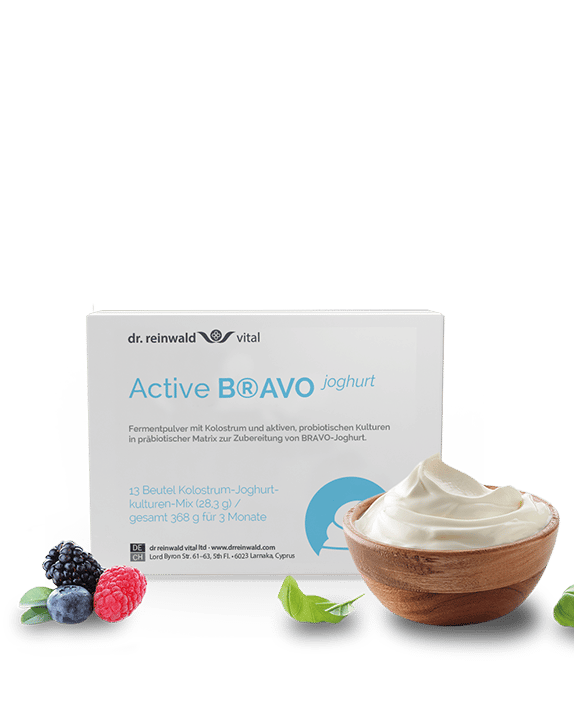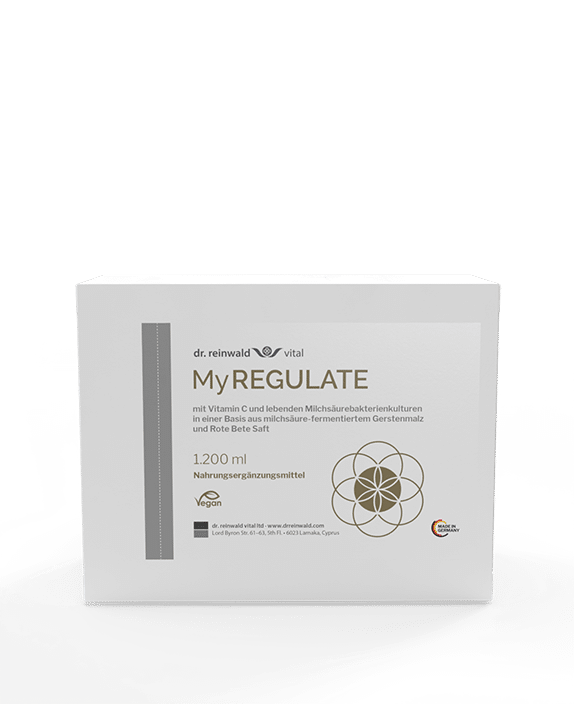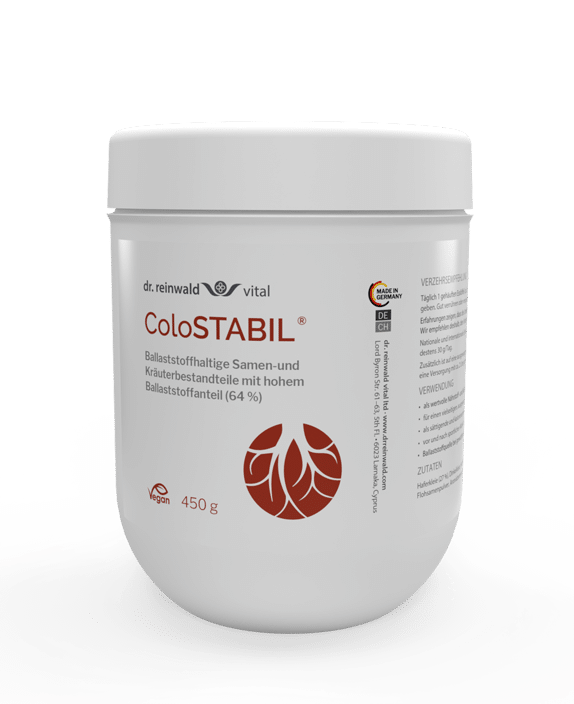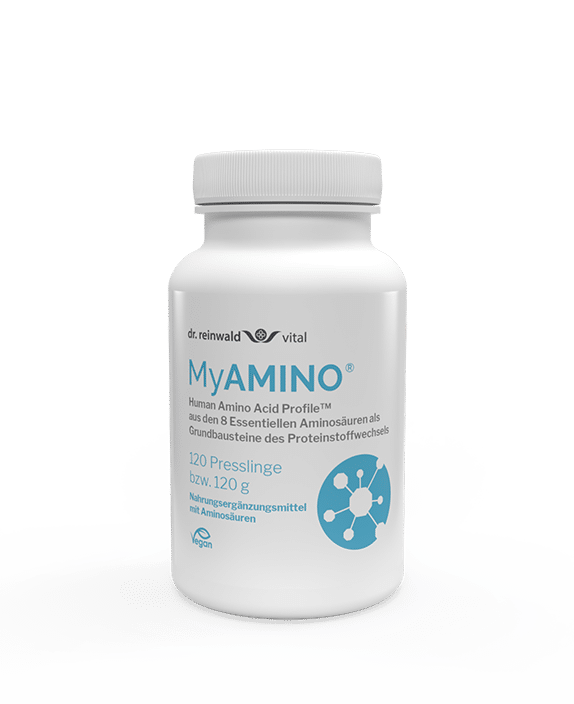Fermenting for healthy intestinal flora
Probiotic drinks and vegetables for your intestinal flora
Fermented foods are absolutely in vogue right now. The process of “living preservation” is by no means an invention of our time. Rather, fermentation is an ancient technique for preserving food. Fermentation not only increases the shelf life of fruits and vegetables, it also improves the quantity, digestibility and bioavailability of vitamins. But what happens in the process of fermentation anyway? And why are fermented foods so good for our intestinal flora?
Fermentation – an ancient cultural technique
Fermenting food is one of the oldest methods of preserving food and dates back to the beginnings of agriculture. At least since the production of the first wine 8,000 years ago or the fermentation of the first beer, we know that fermentation not only serves to produce alcohol, but also has a beneficial effect on our health.
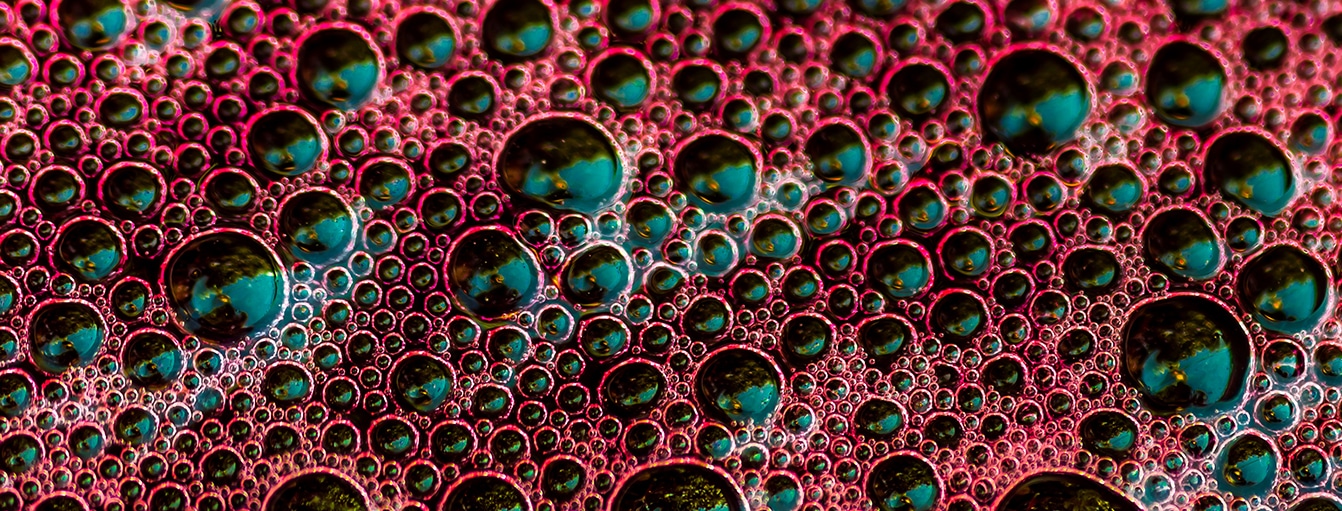
»fermentation, c’est la vie sans l’air«
„Fermentation is life without air“
Originally, fermentation was used to describe fermentation in the absence of air. Louis Pasteur coined the expression “fermentation, c’est la vie sans l’air” (in English: “fermentation is life without air”). He is regarded as the discoverer of fermentation, although it is proven that he copied his knowledge from his less well-known colleague Antoine Béchamp.
Even our grandmothers fermented the freshly harvested fruits and vegetables so that the family was supplied with sufficient nutrients during the long winter months. For a long time, however, fermented foods had almost completely disappeared from the menu in our Western industrialized countries. Sauerkraut, for many centuries the food of choice to prevent scurvy on long sea voyages, is now just a copy of itself – pasteurized, often even sugared and canned, in other words, devoid of life.
Our tip
Pasteurized canned sauerkraut, for example, unfortunately contains no bacterial strains and almost no vitamins. The same applies to our modern vinegar, which lacks the bacterium Aceto Bacter. This is actually a blessing for the stomach and the energy production in our cells. Food should be “alive”. Pasteurized, or heated foods are NOT “foods” from our point of view. However, if you add bacterial cultures to pasteurized milk, as they are contained in our yogurt culture mix ActiveBRAVO probiotic, then the fermentation power of the bacteria turns the milk into yogurt and thus into something “alive” again.
Fortunately, in recent years, thanks to recent scientific findings on the importance of healthy intestinal nutrition, fermentation has also been rediscovered.
What is fermentation?
In fermentation, food is metabolized with the help of natural probiotic microorganisms such as bacteria, yeasts or molds. This natural fermentation process produces – depending on the type of fermentation – organic acids, gases or alcohol.
There are various methods of fermentation in which different microorganisms play a role. For example, alcoholic fermentation produces alcohol from sugar (wine) or grain (beer) and yeast. In lactic acid fermentation, on the other hand, probiotic beverages or vegetables such as kefir, yogurt, kombucha, fermented juices or kimchi are produced from non-alcoholic fermentation.
The positive effect of fermentation: the foods not only have a longer shelf life, but are also easier to digest than in their raw state. Fermenting is therefore also called “cooking without fire”. Through fermentation, all vital nutrients remain contained, their bioavailability and effect is even improved and additional vitamins are created, such as B vitamins or C vitamins.
List of fermented foods
There are countless fermented foods that you can buy or make yourself, these include:
- Yogurt with live cultures such as our MyREGULATE or ActiveBRAVO probiotic.
- Kefir with live cultures
- Fermented fruit juices with live cultures similar to BRAVO
- Sauerkraut (is purchased usually pasteurized and contains sugar)
- Pickled cucumbers
- Kimchi
- Tempeh (fermented soybeans. Soy is not edible without fermentation.)
- Miso
- Soy sauce
- Kombucha tea (is purchased usually pasteurized and contains sugar)
- Traditional buttermilk
- Mixed pickles, which are mixed pickles with cucumbers, carrots and other vegetables (when purchased usually contains sugar or sweetener)
- Fermented eggs
- Pickled meat or fish
When buying a fermented product, make sure it is organic and not pasteurized, that is, not heated. This is because pasteurization kills most of the nutrients again. In addition, the product should not contain sugar or other additives.
Of course, the best thing to do here is to make it yourself! Fermenting is not difficult – it just requires a little time and patience. You can find lots of good instructions on the Internet or in bookstores. And we promise you: it’s worth it and your intestines will thank you for it!
Why are fermented foods so healthy?
Fermented foods are “living” food. They contain lactic acid bacteria and many active enzymes, which stimulate the growth of the “good” bacteria in our intestines, thereby improving the biodiversity of the physiological intestinal flora and thus ensuring a balanced intestinal environment. Fermented foods reduce inflammatory reactions in the body and promote a healthy and defensive immune system with a function that even protects the brain.
For a healthy intestinal flora, we need on the one hand the right nutrients for our intestinal bacteria, i.e. dietary fiber, mucilage and swelling agents. These promote intestinal motility, wet the intestinal walls and feed the “good” bacteria so that they feel at home.
On the other hand, we need the right strains of bacteria for this. Our intestines get these primarily by eating fermented foods such as yogurt, buttermilk or sauerkraut, which means “living” food for a steady supply. Bacteria love community – so let’s make sure of it!
dr.reinwald vital product tips
We have developed three products especially for this purpose:
- Our seed, bitter substance and herb preparation ColoSTABIL® made of soluble and insoluble dietary fibers as well as mucilage.
- Our high-quality probiotic ferment concentrate MyREGULATE® with vitamin C and live lactic acid bacteria in a base of lactic acid-fermented barley malt and beet extract with over 1 billion lactic acid bacteria per milliliter.
- ActiveBRAVO probiotic fermentation powder with colostrum and active probiotic cultures in a prebiotic matrix as a basis for the preparation of BRAVO yogurt, which is superior to other fermentation products due to its valuable ingredients.
You have questions? Our friendly team – consisting of therapists and alternative practitioners – will be happy to advise you. Call now or use our chat.
